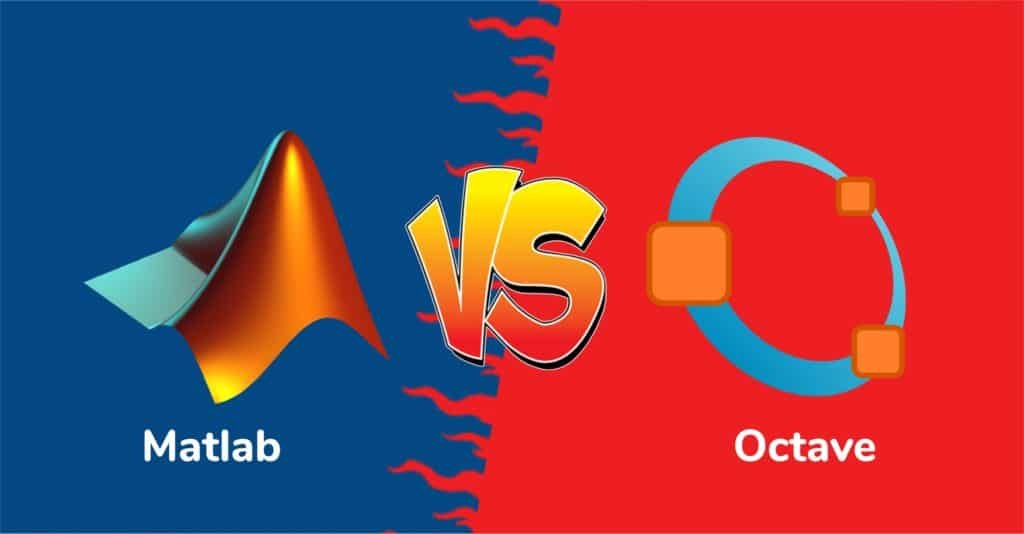Selecting the right programming language for system programming will go a long way in enhancing your software and ease of constructing and modifying it. These two have emerged as some of the most widely used choices for developers in this area, and both have their strengths. Rust is one of the safest languages and offers developers a large amount of control over how the system resources are managed. And is perfect for low-level programming. Go, in contrast, boasts a clean syntax and natively supports the execution of multiple tasks concurrently, making it suitable for the development of loosely coupled, easily scalable applications.
In this guide, “Comparing Rust vs Go for System Programming: In today’s edition of A Comprehensive Guide,” let’s examine both languages and their salient features for performance, ease of learning and usage, and domains of applicability.
Rust and Go as Modern Programming Languages
Table of Contents
Rust and Go are two modern programming languages that have become popular for their unique benefits, especially in system programming.
Rust, created by Mozilla, is known for being fast and safe with memory. It helps prevent common mistakes like accessing memory incorrectly, which can lead to serious bugs. Rust is great for projects that need high performance and security, such as operating systems, game engines, and other software where careful management of memory and resources is crucial.
Go, also known as Golang, was developed by Google with a focus on simplicity and ease of use. It’s designed to handle many tasks at once easily, thanks to features like goroutines and channels. This makes Go a good choice for web services, cloud computing, and network applications, where managing multiple tasks simultaneously is important.
They are both very strong tools used for different purposes. In general, everything related to control and safety would be better served using Rust, while projects that require large-scale efficiency with simple solutions should be done in Go.
Comparing Rust vs Go for System Programming: A Simple Guide
Here is a simple guide on comparing Rust vs Go for system programming
1. Origins and Goals
Rust: Rust was developed by Mozilla to combine high performance with memory safety. It uses a unique system to manage memory, helping avoid common issues like crashes or bugs. Rust is all about providing control while keeping your code safe and efficient.
Go: Google’s Go program focuses on simplicity and ease of use. Its clean syntax and fast compilation make it straightforward to write and understand. Go is designed to reduce complexity and make coding more productive.
2. Key Features and Performance
Rust
- Memory Safety: Rust’s memory management system prevents problems like crashes and bugs by ensuring memory is used safely.
- Performance: Rust compiles directly to machine code, offering high performance similar to C and C++.
- Concurrency: Rust allows safe multi-threading so that you can run multiple tasks at once without issues.
Go
- Simplicity: Go’s easy syntax helps you write and read code quickly, reducing errors and development time.
- Performance: Go performs well, but it uses garbage collection, which can slightly affect performance. This makes memory management simpler.
- Concurrency: Go makes concurrent programming easy with goroutines and channels, so you can efficiently handle many tasks simultaneously.
3. Learning and Developer Experience
Rust: Rust can be harder to learn because of its complex rules for memory management. However, it provides detailed error messages and powerful tools to help you understand and write safe, efficient code.
Go: Go is easier to pick up, thanks to its simple syntax and straightforward concurrency model. It’s a good choice for beginners or anyone looking to develop code quickly and easily.
4. Memory Management
Rust: Rust manages memory without a garbage collector. It uses its ownership system to handle memory safely and predictably, which avoids runtime slowdowns.
Go: Go uses garbage collection to manage memory, which automatically takes care of memory allocation and cleanup. This simplifies coding but can add some performance overhead.
5. Concurrency and Multi-Tasking
Rust: Rust’s concurrency model integrates with its memory management system to allow the safe execution of multiple threads. This helps avoid problems and ensures reliable performance when handling various tasks.
Go: Go excels at managing many tasks simultaneously with its goroutines and channels. This makes it ideal for applications that need to handle lots of concurrent operations, like web servers.
6. Libraries and Tools
Rust: Rust’s ecosystem is growing, with a strong community and useful tools like Cargo for managing dependencies. Although the library collection is expanding, it’s not as extensive as some older languages.
Go: Go has a well-established ecosystem with a wide range of libraries and tools. Its standard library is robust, and the Go module system makes managing dependencies easy. Go is widely used in the industry for various applications.
7. Best Uses
Rust: Rust is great for projects that require high performance and safety, such as operating systems, game engines, or other resource-intensive applications.
Go: Go is well-suited for web development, cloud services, and network programming. Its ease of use and strong concurrency features make it perfect for scalable web apps and microservices.
8. Pros and Cons
Rust
- The pros are high performance, strong memory safety, no garbage collection overhead, and detailed control over system resources.
- Cons: Steeper learning curve, more complex syntax, and potentially longer development time.
Go
- Pros: Simple syntax, fast compilation, strong concurrency support, and easy to learn and use.
- Cons: Garbage collection can add some performance overhead, less control over low-level system details, and performance might only sometimes match Rust.
Choosing between Rust and Go depends on your project needs. Rust is best for tasks requiring top performance and safety, while Go is ideal for projects needing simplicity and good concurrency support. By understanding each language’s strengths, you can make the best choice for your programming tasks.
This guide compares Rust and Go for system programming, highlighting their key differences and helping you select the right tool for your needs.
Rust vs Go for System Programming: Which One is Better?
Choosing between Rust and Go for system programming involves considering each language’s unique strengths. Here’s a simple breakdown to help you understand where each shines and what they’re best suited for.
Rust
Strengths
- Memory Safety: Rust manages memory without a garbage collector, which helps prevent crashes and bugs. This makes it ideal for system programming, where precise memory control is essential.
- Performance: Rust is fast, on par with C and C++. It’s perfect for applications requiring high performance, such as operating systems and game engines.
- Concurrency: Rust handles multiple tasks safely and efficiently. It’s great for running complex, multi-threaded programs without running into data problems.
- Control: Rust provides detailed control over system resources, making it suitable for low-level programming tasks.
Best For
- Operating systems
- Game engines
- High-performance computing
- Real-time systems
Things to Consider
- Learning Curve: Rust’s concepts, like ownership and borrowing, can be tricky to learn. It may take time to get comfortable with these ideas.
- Complexity: Writing and maintaining Rust code can be more complicated due to its focus on safety and control.
Go
Strengths
- Simplicity: Go’s straightforward syntax makes it easy to write and understand code. This simplicity helps reduce mistakes and speeds up development, which is ideal for building reliable system-level services.
- Concurrency: Go’s routines and channels make it easy to handle many tasks simultaneously. This is perfect for network services and distributed systems.
- Fast Development: Go compiles quickly and is designed to be simple, allowing for rapid development and deployment.
Best For
- Network servers
- Cloud services and microservices
- Tools and Utilities
- Distributed systems
Things to Consider
- Garbage Collection: Go uses garbage collection to manage memory, which might impact performance. If you need the highest performance, this could be a drawback.
- Less Control: Go doesn’t provide as much low-level control as Rust, which might limit its use in some system programming tasks.
Final Thoughts
When comparing Rust and Go for system programming, it is important to consider what each language does well. From that perspective, Rust is perfect for projects that need both speed and the ability to govern the program. This makes it ideal for environments that require optimal resource utilization and delicate balancing.
Thus, if you prefer a language that focuses on performance and control factors, Rust is for you. This is especially true if you favor a language that is simpler and effective in boosting development, which is the case with Go.
Why should I use Rust for system programming?
Rust is great for system programming because it’s fast and manages memory efficiently without extra tools like garbage collection. This helps avoid common issues and provides precise control.
What makes Go a good option for system programming?
Go is easy to use and speeds up development with its simple design. It’s particularly good at handling multiple tasks simultaneously, making it ideal for network services and distributed systems.
How does Rust handle memory?
Rust uses an ownership system to manage memory, tracking usage and cleanup without additional tools. This helps prevent issues like memory leaks.


